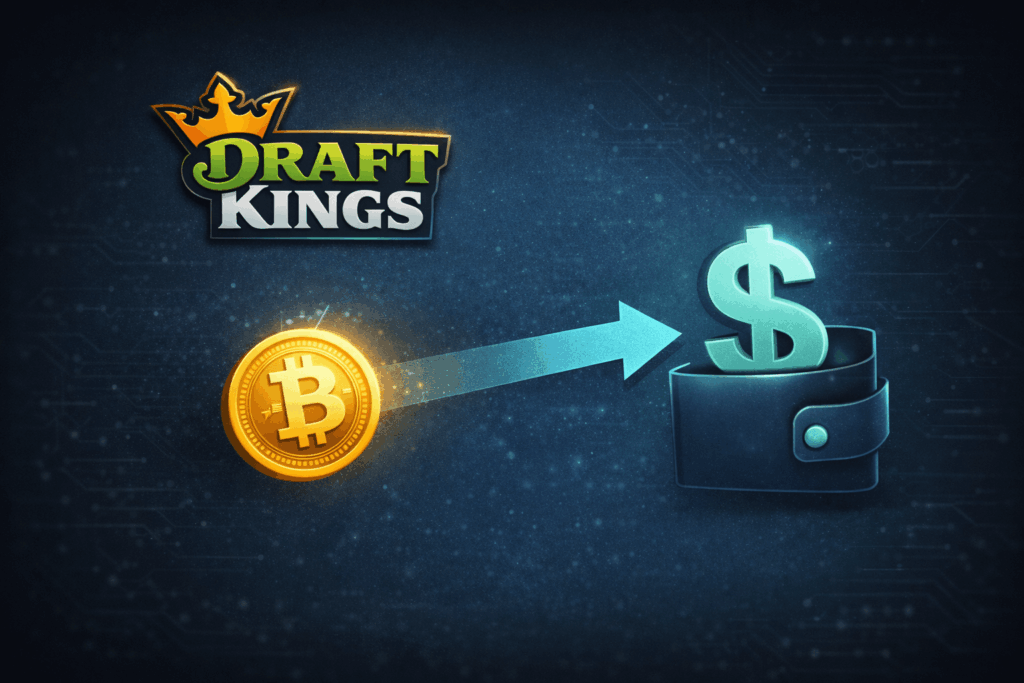Kalshi CEO Tarek Mansour said on Tuesday at the Futures Industry Association’s Expo in Chicago that the sector is pushing towards a stock-exchange scale much sooner than he expected.
Mansour views the prediction market space as a “trillion-dollar market.” According to Bloomberg, Mansour said he initially anticipated that prediction markets would take a decade to reach the trading levels of stock markets, but the growth is happening much faster, as his company has “created a whole class of active traders.”
Mansour said more sports partnerships are coming and hinted at the company’s plans to enter mainstream media, saying he expects “very large news network partnerships coming out very soon,” without providing further detail. “I think prediction market is going to be embedded very smoothly, very effectively in the news,” he added.
Mansour’s stance on sports betting
Kalshi’s key court win last year opened the door to trading on the US presidential election, sending interest soaring. Since then, the company and its rivals have leveraged their regulatory status to enter the sports betting market in states where traditional operators were restricted or prohibited.
Kalshi presents its event-contract model as distinct from gambling, with traders taking different sides of yes-or-no questions rather than playing against the house. Regulators have been divided. The Commodity Futures Trading Commission has allowed trading to continue, while several state gambling regulators have ordered Kalshi to halt, triggering legal fights that could shape the industry’s next stage.
Along his company’s lines, trying to differentiate itself from traditional sports betting, Mansour stated that Kalshi’s markets are very different from gambling, arguing that while the house always wins in gambling, prediction markets provide a more even playing field.
“I don’t think there have been many instances of innovation in financial markets, especially in derivatives markets, that haven’t had this weird tension with gambling,” he added.
Pressure, pushback, and new rivals
Meanwhile, heavyweight competitors are circling. ICE has agreed to invest up to $2 billion in Polymarket, and the CME Group is collaborating with Flutter on a predictions app that ties sports and economic indicators. Kalshi is pushing ahead regardless, offering contracts through its own platform and via Robinhood, and preparing an aggressive international rollout.
Robinhood CIO sees market dip as a needed cooldown
Prediction markets are already in mainstream media. In an interview with Bloomberg News, Stephanie Guild, Robinhood’s Chief Investment Officer, describes the recent equity slide as a long-overdue correction rather than a looming crisis. She told Bloomberg Businessweek Daily that markets usually see a pullback every year or two, but a long stretch of gains distorted expectations. Tech giants poured huge sums into artificial-intelligence projects without matching cash flow, she said, and investors finally paused to ask when those bets would pay off.
Guild pointed to a growing split within the AI sector. Enterprise-focused firms are starting to show firmer revenue, while consumer-oriented players are still chasing traction. She also cited new full-expensing provisions in US legislation, which could spur investment in both advanced tech and traditional infrastructure once results begin to appear.
Guild said the market’s rhythm has changed as retail investors gain influence. They spot opportunities early, trade ideas online, and often stay patient with smaller, volatile names.
Their behavior has barely budged in the pullback: many trim when prices jump and add when they fall. As a result, today’s market reacts less to a single driver and more to a mix of forces, from AI spending cycles to policy shifts and geopolitics, all pulling on prices at once.









